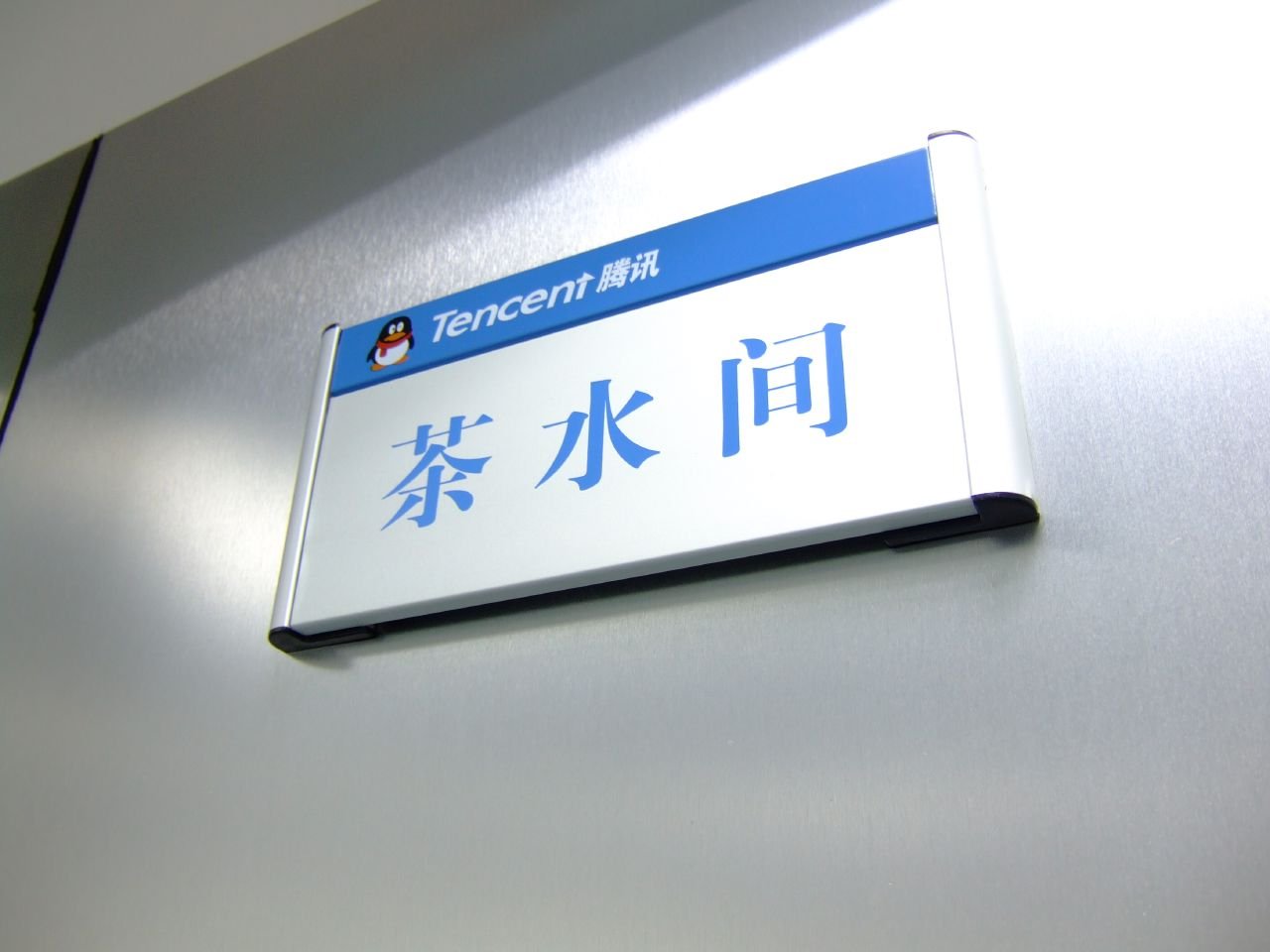Following launches in Korea and Japan in 2013, King this morning announced that it has partnered up with Internet services juggernaut Tencent to bring its hit game Candy Crush Saga to China.
The Chinese version will be available exclusively to Tencent users and will be made available via Tencent's Mobile QQ and Weixin (WeChat) Game Centers.
In a statement, King CEO Riccardo Zacconi points out that Tencent has the partnership clout and reach needed to make Candy Crush Saga as popular as in other countries where the game has taken off:
Tencent has the largest mobile social network in China and is a great partner to work with. I look forward to working together to make Candy Crush Saga as popular in China as in the rest of the world.
The companies expect the popular game to become available in China 'this summer'.
As former Facebook EMEA director Christian Hernandez noted in a recent guest post, WeChat is set to generate over $1 billion this year and about 40% more in 2015 as a message-centric dating, gaming and e-commerce platform. This doesn’t take into account Tencent’s 800 million users on QQ Instant Messenger and more than 200 million users on mobile messaging product Weixin.
Needless to say, it's a partner with one hell of a reach in China.
King recently went public and is currently trading its shares on NYSE at about $17.4 per unit, giving it a market cap of $5.5 billion.
Candy Crush Saga is played daily by close to 100 million people, while King's network has grown to 324 million monthly unique users as of December 2013.
While King offers more than 180 games across a variety of platforms, Candy Crush Saga is by far its most popular title, generating no less than 78 percent of the Swedish-British company’s revenues.
Related reading:
Live by the platform, die by the platform: What startups can learn from King, Zynga, Twitter
Featured image credit: Jorrny Liu / Flickr



Would you like to write the first comment?
Login to post comments